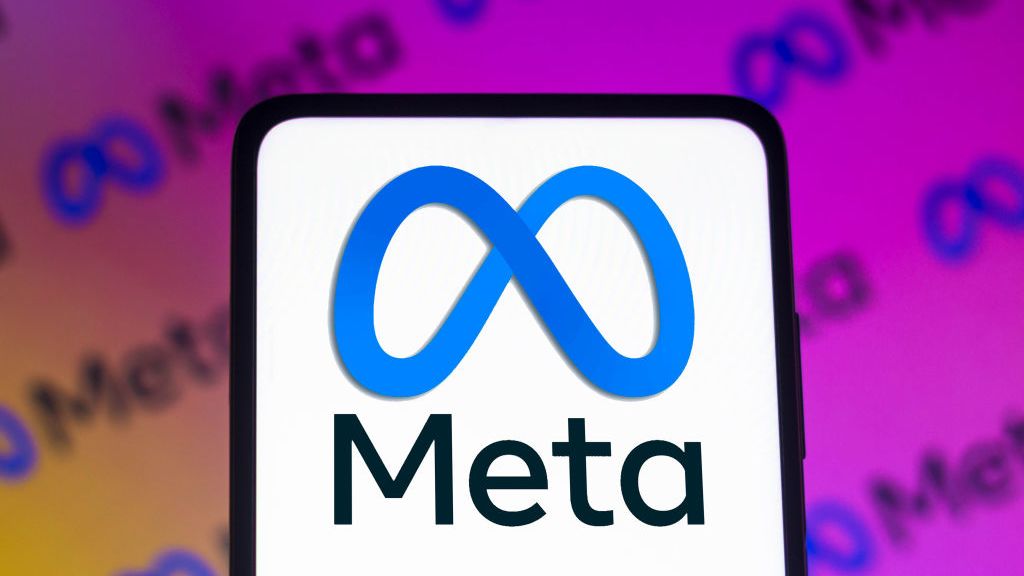Meta begins encrypting Facebook URLs, nullifying tracking countermeasures
The move has made URL stripping impossible but will improve analytics


Meta has doubled down on its inclusion of tracking parameters in URLs posted to Facebook, by encrypting URLs to include parameters within required portions of the address itself.
When a user clicks a link shared through Facebook, all kinds of parameters are added to the URL. Some of these, such as utm_source and utm_medium are used by analytics sites such as Google Analytics to measure where traffic is coming from, and how much of it there is.
Facebook has historically used the parameter fbclid to measure what sites its users visit and which links they click, whether or not those sites support Facebook’s tracking script Meta Pixel. These are then used to tailor users’ ad profiles, to target them more effectively.
URLs under the new system lack clearly defined parameter names, appearing instead as a long string of letters and numbers in which all the address and tracking information is included in an encrypted format.
It is normally possible to strip certain parameters from URLs, removing the tracking element and increasing link privacy. Some browsers even offer URL stripping as a built-in choice, for privacy-minded users.
These include Firefox, which last month introduced a feature called ‘Query Parameter Stripping’ that automatically removes tracking parameters from URLs to improve the privacy profile of its users. This can be activated in the browser's configuration settings. The browser Brave also supports a URL stripping feature. With its move to encrypt the URL parameters, Meta has greatly impacted the ability of such tools to effectively strip the tracking elements.
In binding tracking elements with the URLs in such a way that it is impossible to tell where the web address ends and the parameters begin, Meta has found a way to track data for advertising almost unavoidably. This is a boost for its analytics operation, as well as for the tech giant's advertising partners whose interests include targeted data on as many users as possible.
Get the ITPro daily newsletter
Sign up today and you will receive a free copy of our Future Focus 2025 report - the leading guidance on AI, cybersecurity and other IT challenges as per 700+ senior executives
With 153 million users, Firefox represents a not insignificant pool of users to Meta, which enjoyed just under $115 billion in revenue last year largely through advertising.
It Pro has reached out to Meta for comment.

Rory Bathgate is Features and Multimedia Editor at ITPro, overseeing all in-depth content and case studies. He can also be found co-hosting the ITPro Podcast with Jane McCallion, swapping a keyboard for a microphone to discuss the latest learnings with thought leaders from across the tech sector.
In his free time, Rory enjoys photography, video editing, and good science fiction. After graduating from the University of Kent with a BA in English and American Literature, Rory undertook an MA in Eighteenth-Century Studies at King’s College London. He joined ITPro in 2022 as a graduate, following four years in student journalism. You can contact Rory at rory.bathgate@futurenet.com or on LinkedIn.
-
 Third time lucky? Microsoft finally begins roll-out of controversial Recall feature
Third time lucky? Microsoft finally begins roll-out of controversial Recall featureNews The Windows Recall feature has been plagued by setbacks and backlash from security professionals
By Emma Woollacott Published
-
 The UK government wants quantum technology out of the lab and in the hands of enterprises
The UK government wants quantum technology out of the lab and in the hands of enterprisesNews The UK government has unveiled plans to invest £121 million in quantum computing projects in an effort to drive real-world applications and adoption rates.
By Emma Woollacott Published
-
 Latest Meta GDPR fine brings 12-month total to more than €1 billion
Latest Meta GDPR fine brings 12-month total to more than €1 billionNews Meta was issued with two hefty GDPR fines for “forcing” users to consent to data processing
By Ross Kelly Published
-
 "Unacceptable" data scraping lands Meta a £228m data protection fine
"Unacceptable" data scraping lands Meta a £228m data protection fineNews The much-awaited decision follows the scraping of half a billion users' data and received unanimous approval from EU regulators
By Rory Bathgate Published
-
 Meta notifies around 1 million Facebook users of potential compromise through malicious apps
Meta notifies around 1 million Facebook users of potential compromise through malicious appsNews The vast majority of apps targeting iOS users appeared to be genuine apps for managing business functions such as advertising and analytics
By Connor Jones Published
-
 Facebook business accounts hijacked by infostealer malware campaign
Facebook business accounts hijacked by infostealer malware campaignNews Threat actors are using LinkedIn phishing to seize business, ad accounts for financial gain
By Rory Bathgate Published
-
 Meta hit with €17 million fine over multiple GDPR breaches
Meta hit with €17 million fine over multiple GDPR breachesNews The social media giant set aside over €1 billion in November to help it cope with potential fines arising from data protection investigations
By Zach Marzouk Published
-
 Meta says Apple's iOS privacy changes will cost it $10 billion in 2022
Meta says Apple's iOS privacy changes will cost it $10 billion in 2022News The company's CFO suggests Google "faces a different set of restrictions" because it pays Apple to remain the default iOS search engine
By Bobby Hellard Published
-
 Google, Facebook fined €210 million for making it difficult for users to reject cookies
Google, Facebook fined €210 million for making it difficult for users to reject cookiesNews Data regulator CNIL gives companies three months to provide a system for refusing cookies that is as easy as single click consent
By Zach Marzouk Published
-
 Meta makes 2FA mandatory for high-risk users
Meta makes 2FA mandatory for high-risk usersNews Journalists and activists must adopt extra protective measure under new rule
By Danny Bradbury Published